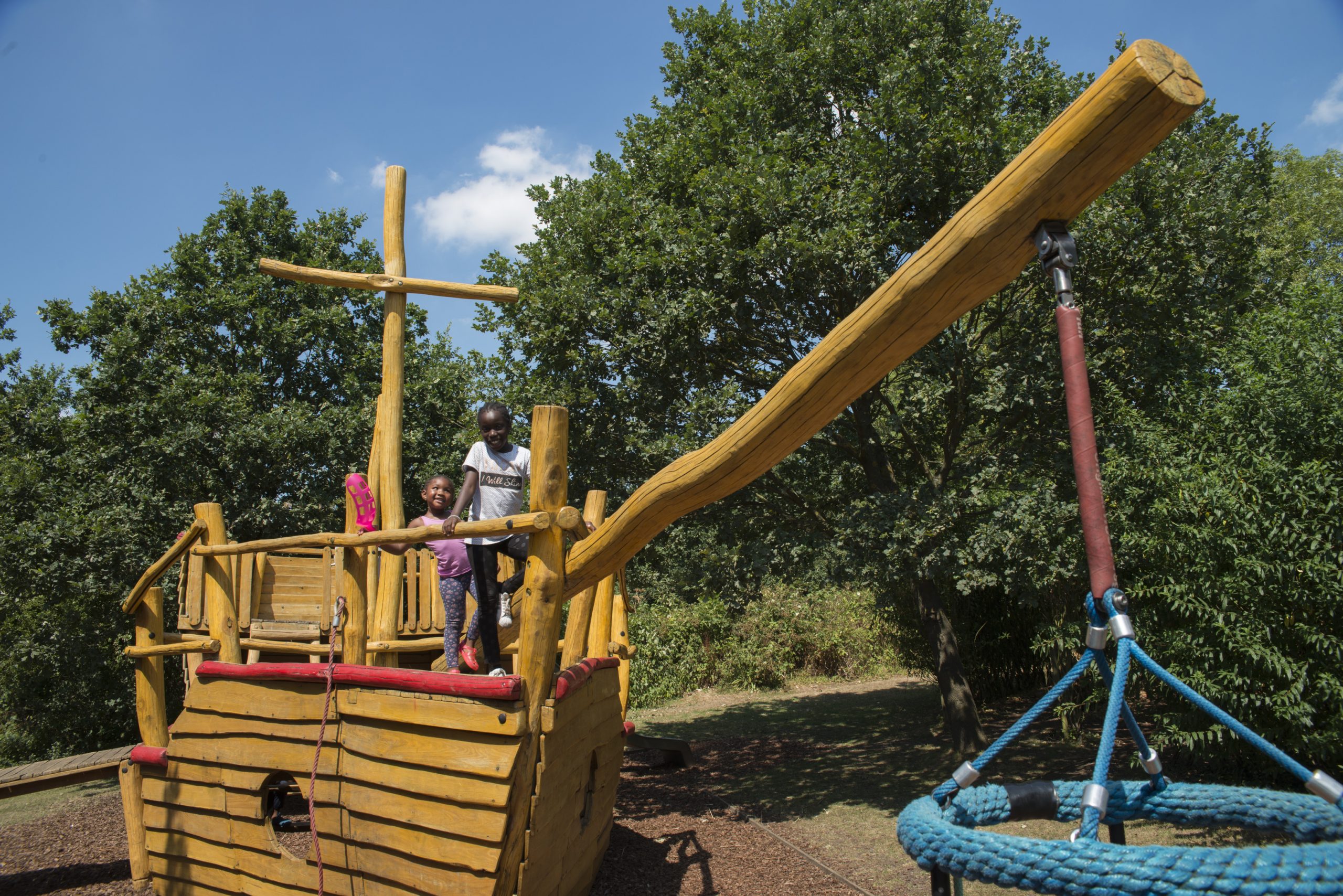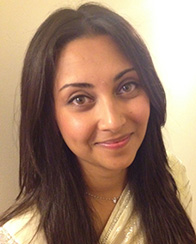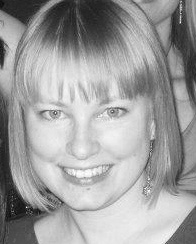March 2022
Major London Funder of Children & Young People has committed an additional £4M across the sector in just one year to help tackle the impact of Covid-19 on top of its usual grant giving of C.£12M
One year ago today, grant-giving funder John Lyon’s Charity ring-fenced an additional £22million from its endowment to be spent over the next six years to help protect the Children and Young People’s (CYP) sector survive the Covid-19 crisis. This was in addition to its usual grant-giving of c.£10-12M.
Now, just one year on, the Charity can confirm that it has already committed £4million to grassroots charities across London.
A strategic plan to protect the CYP sector in the long term was created and launched in March 2021, with the core focus on Home – School – Community (HSC); the three main points of reference in any child’s life.
Dr Lynne Guyton, CEO of John Lyon’s Charity says: “The Charity has spent the last thirty years contributing to the maintenance and effectiveness of a varied and vibrant CYP sector in London. Therefore, we could not sit by and watch the pandemic threaten and destroy the many vital organisations we have supported over the years. Just one year on from our HSC launch, we are already seeing the positive effects on many grassroots charities and organisations who have benefitted from this funding strategy. Our groups are starting to rebuild all that was lost during the pandemic but there is no denying that these organisations will need support for the foreseeable.”
Catholic Children’s Society (CCS), a charity that supports disadvantaged children and families was awarded funding from the HSC strategy. Greg Brister, Trust & Grants Officer at CCS says: “JLC’s Home-School-Community Strategy has been hugely important in helping the Catholic Children’s Society respond effectively to the devastating impact of the pandemic. JLC’s grant enabled us to significantly scale up our efforts to provide specialist support for children struggling with mental health issues. We have now launched our Connect-Ed therapy service in eight new schools, providing vital early intervention support for children who have experienced many challenges as a result of Covid-19 (including isolation, bereavement and family breakdown). This work has had a profound impact, helping vulnerable children develop greater resilience and putting them in a much stronger position to engage with school life and achieve their full potential. We are very grateful to John Lyon’s Charity for their fast response and ongoing support.”
British chamber orchestra, Aurora Orchestra, is another vital organisation that has benefitted from HSC’s funding. Helen McKeown from Aurora Orchestra says: “Before the pandemic, Aurora Orchestra ran a series of immersive storytelling concerts for Camden primary school children at Kings Place, and visited two special schools in Westminster with adapted, child-led, versions of the performances. These activities became impossible during the national lockdown. This funding has helped us to deepen the impact of the live shows and resources further than ever before.Following the disruption of lockdown to all aspects of children’s education, there has never been a more important time for this programme, which has enabled children to imagine, create and play through music over an extended period.”
Lydia Gandaa, art teacher at Old Oak Primary School says: “The opportunities the children from Old Oak have gained from the school having access to JLC’s Cultural Capital Fund within HSC are countless. Being able to partner with such a well-known arts institution such as the Saatchi Gallery would have been largely unachievable if Old Oak had not been part of this important project. This project allowed for our students to really build their cultural capital particularly following the pandemic as they are not often exposed to experiences such as this on a day to day basis. We are grateful that after such a difficult period, this type of funding from John Lyon’s Charity was made available”
Now with £4M already committed one year on, John Lyon’s Charity is on track to continue its support of the CYP sector with the end goal that it fully survives the impact of the pandemic.




